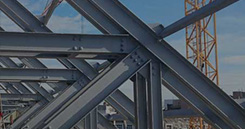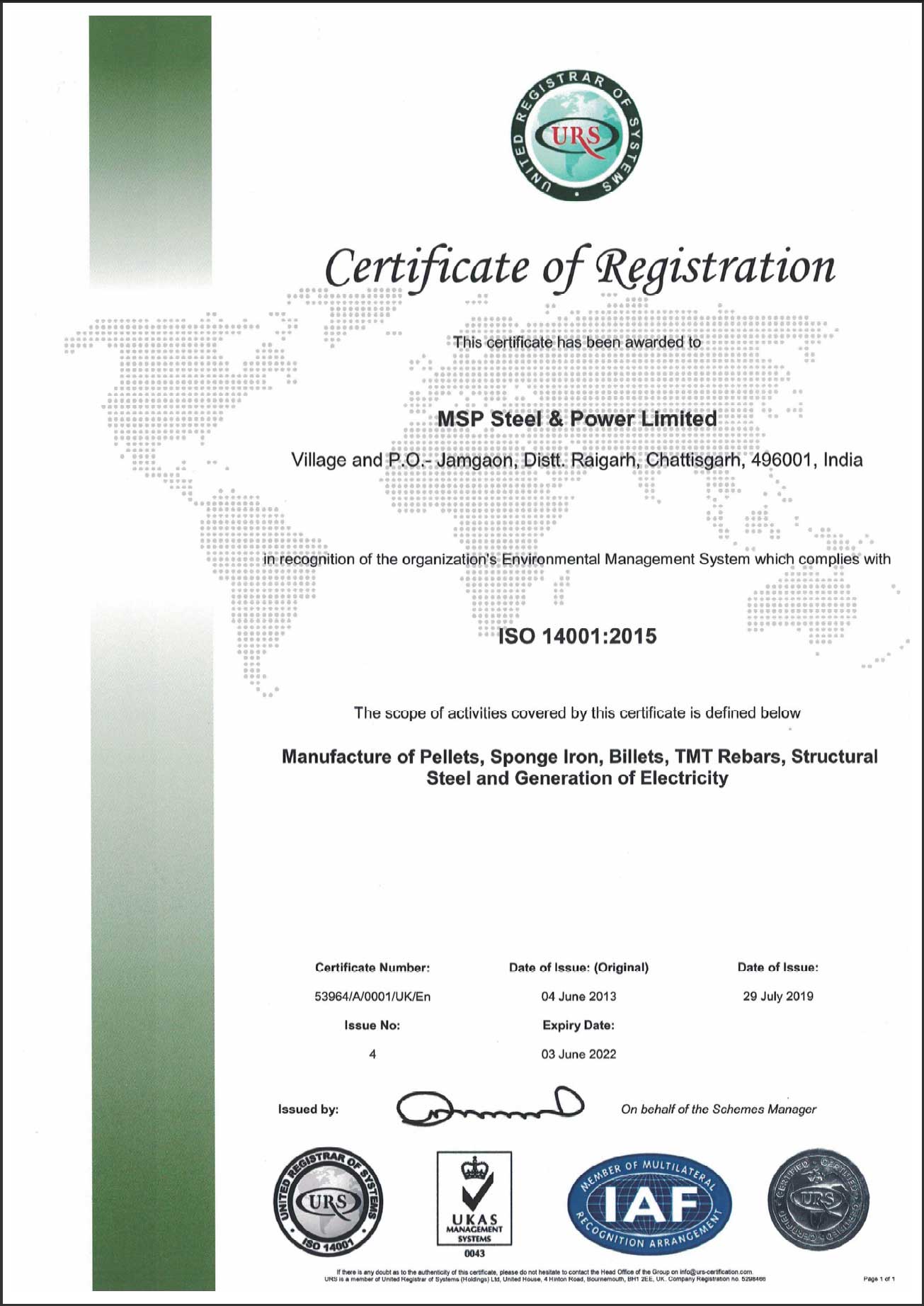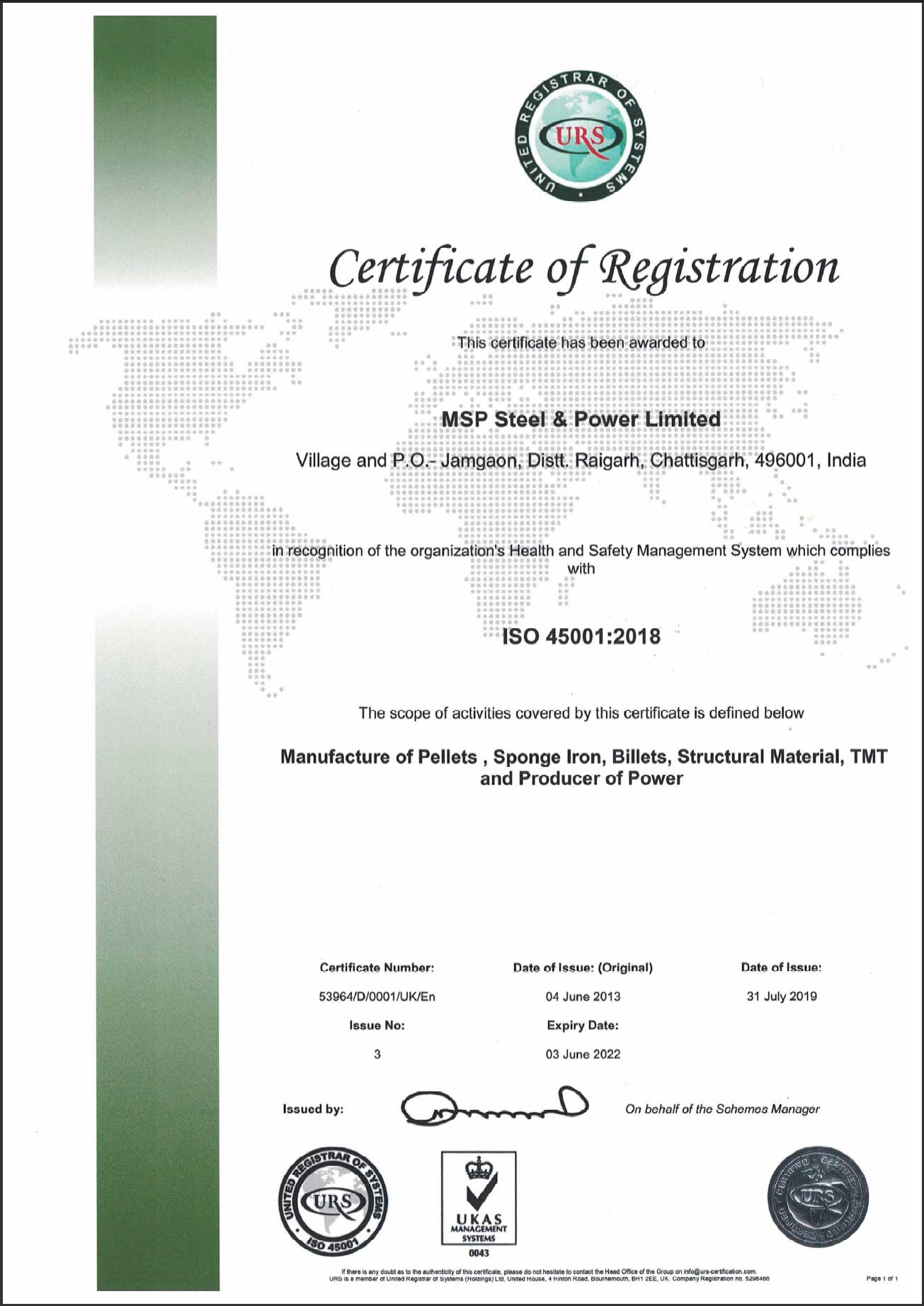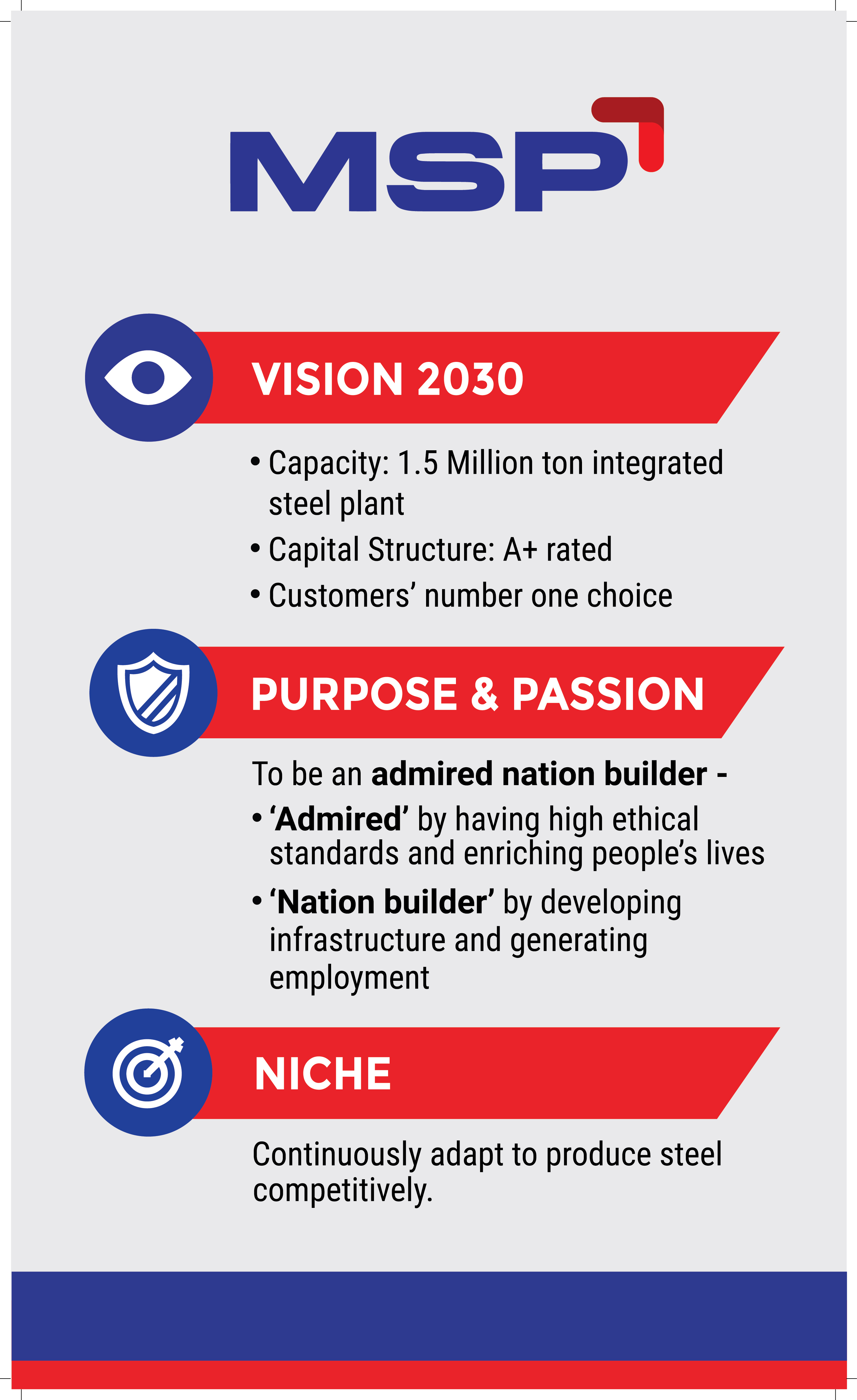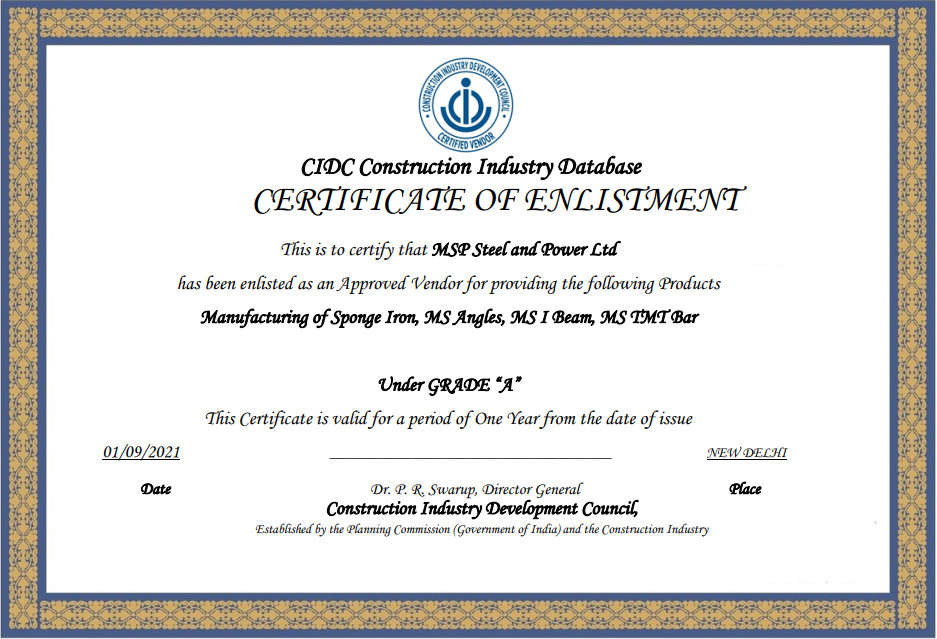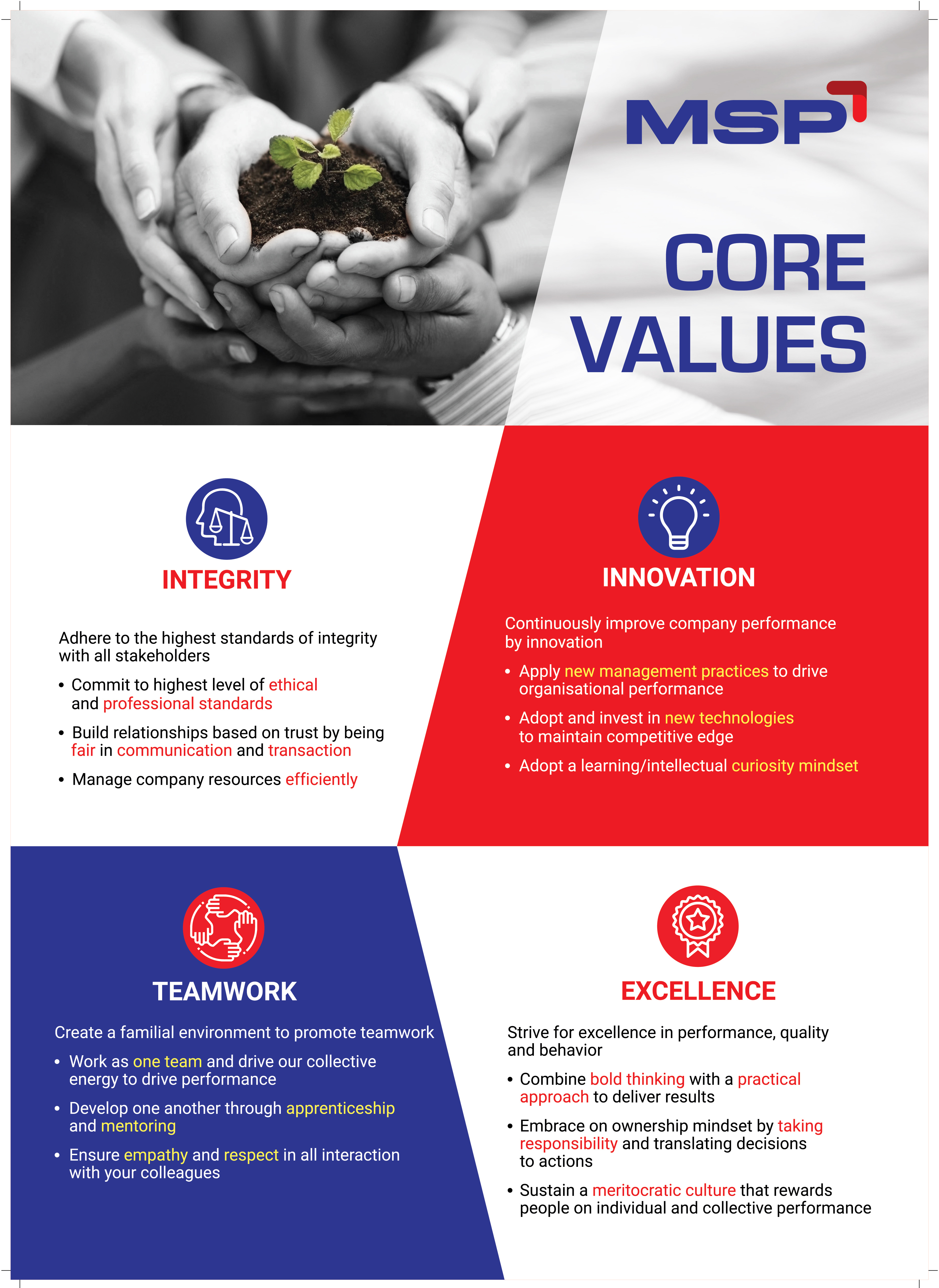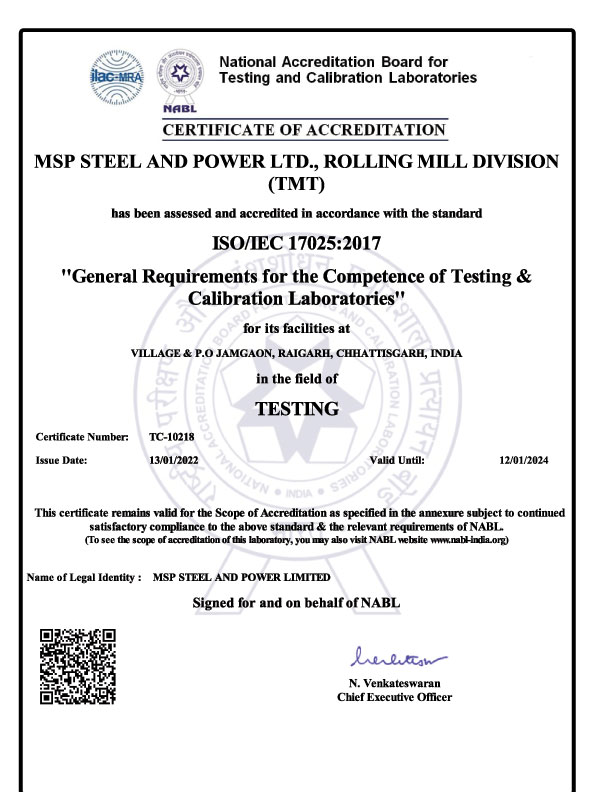
Steel pipes are a crucial component of several industries, delivering remarkable adaptability and dependability in a broad variety of applications. These cylindrical, square, rectangular, or round tubes, constructed mostly from steel alloys, serve significant functions in multiple industrial sectors. Steel pipes are recognized for their remarkable strength, durability, and resistance to corrosion, making them a perfect option for any setting.
From the oil and gas industry to construction, water systems, manufacturing, and energy industries, steel pipes serve as the backbone of important infrastructure globally. This blog analyses the relevance of steel pipes in numerous sectors, emphasizing their varied uses and the developments that continue to increase their efficacy.
The Versatility of Steel Pipes and Their Crucial Role in Different Applications
Steel pipes exhibit remarkable versatility, enabling them to fulfill a wide range of functions across various industries. Here are some key points highlighting their versatility and crucial role in different applications.
1. Strength and Durability:
- Steel pipes possess exceptional strength, allowing them to withstand high-pressure environments and heavy loads.
- Their robustness and durability make them suitable for applications where structural integrity is paramount.
2. Corrosion Resistance:
- Steel pipes can be coated or galvanized to enhance their corrosion resistance.
- This corrosion resistance is vital in industries such as oil and gas, where pipes are exposed to harsh environments and corrosive substances.
3. Fluid and Gas Transportation:
- Steel pipes are extensively used for the transportation of fluids and gases, including water, oil, natural gas, and chemicals.
- Their smooth interior surface ensures efficient flow and minimizes friction loss, making them ideal for long-distance pipelines.
4. Construction and Infrastructure:
- Steel pipes play a vital role in the construction industry, serving as structural components for buildings, bridges, and other infrastructure projects.
- Their versatility allows for various applications, including piling, foundation support, and structural frameworks.
5. Water and Sewage Systems:
- Steel pipes are widely employed in water supply and sewage systems.
- Their resistance to corrosion and ability to withstand high pressure and underground conditions make them an excellent choice for these critical applications.
6. Industrial Processes:
- Steel pipes are utilized in manufacturing industries for the transportation of fluids, gases, and raw materials within industrial processes.
- They provide a reliable and efficient means of conveying substances in sectors such as automotive, aerospace, and machinery.
7. Energy Sector:
- Steel pipes are integral to the energy sector, playing a crucial role in power plants, nuclear facilities, and renewable energy projects.
- They are used for the transmission and distribution of electricity, steam, and other resources.
8. Emerging Applications:
- Steel pipes continue to find new applications in emerging industries, including renewable energy, 3D printing, and transportation.
- Their adaptability allows for innovative uses, showcasing the ongoing versatility of steel pipes.
In summary, the versatility of steel pipes resides in their strength, durability, corrosion resistance, and capacity to assist the transfer of numerous substances. They serve as vital components in sectors ranging from oil and gas to construction, water systems, manufacturing, and energy. The intrinsic properties of steel pipes make them vital in numerous applications, contributing to the effective running of key infrastructure globally.
Understanding Steel Pipes
Let’s understand what a steel pipe is and composition of a steel pipe is
Definition and Composition
Steel pipes are cylindrical tubes made primarily from steel, an alloy of iron and carbon. They are widely used in various industries for their strength, durability, and versatility.
Some basic characteristics of steel pipes are
- Strength and Durability: Steel pipes exhibit exceptional strength, enabling them to withstand high pressure and heavy loads. They can withstand extreme conditions and are highly resistant to deformation and structural failure.
- Corrosion Resistance: Steel pipes can be coated or treated to enhance their resistance to corrosion. This makes them suitable for applications where pipes come into contact with corrosive substances or are exposed to harsh environments.
- Versatility: Steel pipes can be manufactured in various sizes, shapes, and thicknesses to suit different applications. They can be produced as seamless or welded pipes, allowing for flexibility in design and installation.
- Heat Resistance: Steel pipes have good heat resistance, making them suitable for applications that involve high temperatures. They can withstand thermal expansion and contraction without losing their structural integrity.
- Longevity: Steel pipes have a long lifespan due to their durability and resistance to wear and tear. They can withstand repeated use and exposure to harsh conditions, resulting in cost-effective and reliable solutions for various industries.
- Easy Maintenance: Steel pipes require minimal maintenance, reducing downtime and operational costs. Regular inspections and preventive measures can help ensure the longevity and performance of steel pipes.
- Recyclability: Steel pipes are highly recyclable, making them an environmentally friendly choice. Steel is one of the most recycled materials globally, and the recycling process does not compromise its quality or performance.
- Cost-Effectiveness: Steel pipes offer a cost-effective solution due to their durability, longevity, and ease of installation. They provide a reliable and efficient means of transporting fluids, gases, and raw materials, reducing operational costs in industries that heavily rely on them.
Composition of steel pipes and their different grades
The composition of steel pipes consists primarily of iron and carbon, with the addition of other elements to achieve specific properties.
Here's an explanation of the composition and different grades of steel pipes.
1. Carbon Steel Pipes:
- Carbon steel pipes are primarily composed of iron and carbon, with a maximum carbon content of around 2.1%.
- Carbon steel pipes are further classified into three main categories based on carbon content:
a. Low Carbon Steel: Contains a carbon content of up to 0.3%. It offers good weldability and is suitable for general-purpose applications.
b. Medium Carbon Steel: Contains a carbon content between 0.3% and 0.6%. It provides higher strength and hardness compared to low-carbon steel.
c. High Carbon Steel: Contains a carbon content between 0.6% and 2.1%. It offers excellent strength but is less ductile and more brittle.
2. Alloy Steel Pipes:
- Alloy steel pipes are composed of iron, carbon, and various alloying elements such as manganese, chromium, nickel, molybdenum, and vanadium.
- The addition of alloying elements enhances specific properties of the steel, such as strength, corrosion resistance, and high-temperature stability.
- Alloy steel pipes are commonly used in industries where higher strength, resistance to corrosion, or specific performance requirements are necessary.
3. Stainless Steel Pipes:
- Stainless steel pipes are composed of iron, carbon, and a significant amount of chromium, typically at least 10.5%.
- The presence of chromium forms a protective oxide layer on the surface of the steel, providing excellent corrosion resistance.
- Stainless steel pipes offer high strength, heat resistance, and low maintenance requirements, making them suitable for various industries, including food processing, chemical, and marine applications.
Types of Steel Pipes
There are several common types of steel pipes, each with its own characteristics and applications. Below is a list of three prominent types
1. Seamless Pipes:
- Seamless pipes are manufactured from a solid cylindrical billet without any welded joints or seams.
- The absence of seams ensures superior strength and eliminates the risk of leakage.
- Seamless pipes are typically used in high-pressure applications, such as oil and gas pipelines, where reliability and integrity are crucial.
- They provide excellent resistance to corrosion and can withstand extreme temperatures and pressures.
2. Welded Pipes:
- Welded pipes are formed by welding or joining the edges of steel plates or coils, creating a continuous longitudinal seam.
- Welded pipes are available in various manufacturing methods, such as electric resistance welding (ERW), submerged arc welding (SAW), and seamless welding.
- Welded pipes offer cost advantages compared to seamless pipes and are suitable for less demanding applications that don't require high pressures or temperatures.
- They find extensive use in industries such as construction, water supply, and mechanical and structural applications.
3. Galvanized Pipes:
- Galvanized pipes are steel pipes that are coated with a layer of zinc to enhance their corrosion resistance.
- The galvanization process involves immersing the pipes in a molten zinc bath, which forms a protective zinc-iron alloy coating on the surface.
- Galvanized pipes are commonly used in applications where corrosion resistance is essential, such as water supply systems, plumbing, and outdoor structures.
- The zinc coating acts as a barrier against corrosion, extending the lifespan of the pipes.
Advantages and applications of every steel type
1. Seamless Pipes:
Advantages:
- Superior Strength: Seamless pipes do not have welds or seams, resulting in a stronger and more reliable pipe.
- Leak Resistance: The absence of seams reduces the risk of leakage, making seamless pipes suitable for high-pressure applications.
- Corrosion Resistance: Seamless pipes can be manufactured with corrosion-resistant alloys, providing excellent resistance to corrosion.
- Smooth Interior Surface: Seamless pipes have a smooth interior surface, enabling efficient flow and minimizing friction loss.
Applications:
- Oil and Gas Industry: Seamless pipes are commonly used in oil and gas pipelines, where high-pressure and reliable transport of fluids and gases are critical.
- Petrochemical Industry: Seamless pipes are utilized in the petrochemical industry for the transportation of corrosive substances.
- Power Generation: Seamless pipes are used in power plants for high-temperature and high-pressure applications.
2. Welded Pipes:
Advantages:
- Cost-Effective: Welded pipes are generally more cost-effective compared to seamless pipes.
- Versatility: Welded pipes can be manufactured in various sizes, shapes, and thicknesses, offering flexibility in design and installation.
- Availability: Welded pipes are readily available and can be produced in large quantities.
- Strength: Welded pipes exhibit sufficient strength for many applications, especially those with lower pressure requirements.
Applications:
- Construction Industry: Welded pipes find extensive use in the construction industry for structural applications, such as building frameworks, supports, and infrastructure.
- Water Supply Systems: Welded pipes are commonly employed in water supply systems, including municipal water distribution networks and plumbing.
- Mechanical and Structural Applications: Welded pipes are suitable for various mechanical and structural applications, such as conveyor systems, scaffolding, and automotive components.
3. Galvanized Pipes:
Advantages:
- Corrosion Resistance: Galvanized pipes are coated with a layer of zinc, providing excellent corrosion resistance.
- Longevity: The zinc coating enhances the lifespan of the pipes, making them durable and suitable for outdoor and corrosive environments.
- Cost-Effective: Galvanized pipes offer cost advantages compared to other corrosion-resistant materials, such as stainless steel.
Applications:
- Water Supply Systems: Galvanized pipes are widely used in water supply systems, including residential plumbing, irrigation systems, and industrial water distribution networks.
- Outdoor Structures: Galvanized pipes are commonly used in outdoor structures like fences, handrails, and guardrails due to their corrosion resistance and durability.
- Plumbing and HVAC Systems: Galvanized pipes find application in plumbing and HVAC systems, particularly in older buildings where they were historically used.
Industrial Applications of Steel Pipes
Steel pipes find significant utilisation in different sectors owing to their adaptability and durability.
1. Oil and Gas Industry: Steel pipes are vital for exploration, production, and transportation of oil and gas. - They are utilised in pipelines, drilling operations, and offshore platforms, offering a dependable and secure way of delivering these precious commodities.
2. Construction sector: The construction sector actively employs steel pipes for numerous applications. - They are utilised as structural components in buildings, bridges, tunnels, and infrastructure projects, giving strength and stability.
3. Water and sewerage Systems: Steel pipes play a significant role in water supply and sewerage systems. - They are utilized in municipal water distribution networks, wastewater treatment facilities, and underground pipe systems, guaranteeing efficient and dependable transportation of water and sewage.
4. Manufacturing and Industrial Processes: Steel pipes are extensively used in manufacturing sectors, such as automotive, aerospace, and machinery. - They assist the movement of fluids, gases, and raw materials throughout industrial processes, assuring smooth operations.
5. Energy industry: The energy industry depends on steel pipes for electricity production, transmission, and distribution. - They are utilized in power plants, nuclear facilities, and renewable energy projects for the efficient transfer of electricity, steam, and other resources.
6. Mining and Resources: Steel pipes are utilized in mining activities for the extraction and transportation of minerals and ores.
- They are utilized in pipelines and conveyors to transfer materials effectively in mining and resource sectors.
7. construction and Infrastructure Support: Steel pipes find use in the construction of steel structures, such as scaffolding, supporting frameworks, and industrial equipment. - They give support and stability in different manufacturing processes and infrastructure projects.
8. Chemical and Petrochemical sector: Steel pipes are vital in the chemical and petrochemical sector for the transportation of corrosive and high-pressure substances. - They guarantee the safe and dependable conveyance of chemicals, gases, and liquids in these industries.
Conclusion
Steel pipes are crucial components in different sectors because of their strength, durability, and corrosion resistance. They are utilized in different applications, including oil and gas exploration, construction, water and sewage systems, industrial operations, and energy industries. Steel pipes are always growing in technology, with advancements in production procedures and protective coatings. Their sustainability, including recyclability and minimal environmental effects, adds to their attractiveness. As industries change, steel pipes are anticipated to adapt and find new uses, strengthening their place as important assets in contemporary industrial processes.









